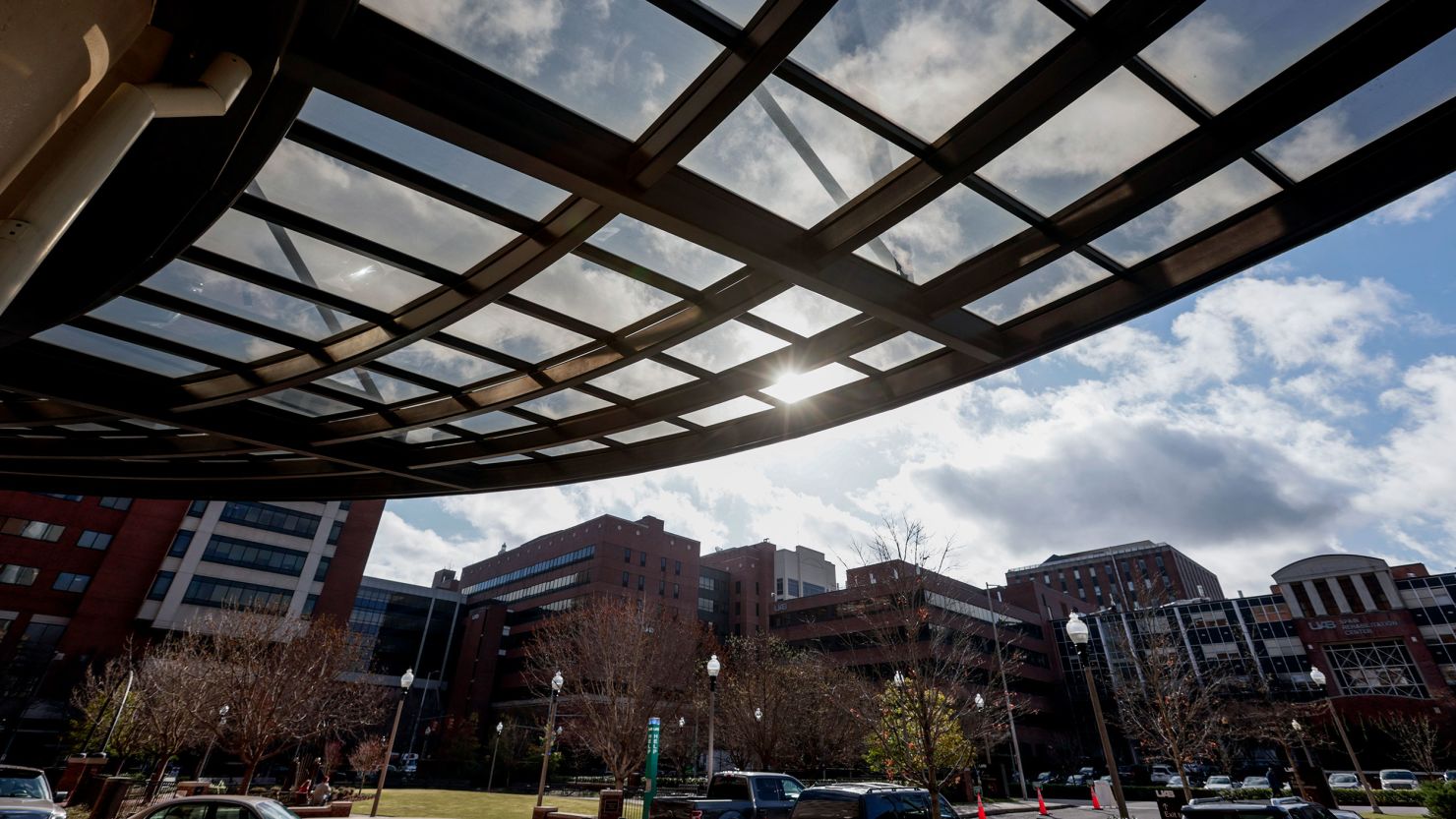CNN — The University of Alabama at Birmingham health system is pausing in vitro fertilization (IVF) treatment following an Alabama Supreme Court ruling that found frozen embryos are children, the health system said in a statement to CNN.
The decision makes UAB the first known organization in the state to confirm it is pausing the treatment.
Its announcement could be the start of what reproductive rights advocates and medical experts have been warning about for days: that the high court’s decision could have devastating consequences for Alabamians seeking infertility treatments each year to build their families – and it could soon have profound impacts far beyond the state’s borders.
In its unprecedented ruling, the state’s Supreme Court said embryos are children – no matter if they’re within or out of a uterus – and those who destroy them can be held liable for wrongful death. That decision will likely not only make the already high costs of infertility treatments substantially higher, but will likely also discourage many providers from offering them at all in the state in fear of being held liable for wrongful death, reproductive rights advocates warned.
UAB said it was pausing IVF treatments while it evaluates the court’s decision.
“We are saddened that this will impact our patients’ attempt to have a baby through IVF, but we must evaluate the potential that our patients and our physicians could be prosecuted criminally or face punitive damages for following the standard of care for IVF treatments,” its statement said.
“We want to reiterate that it is IVF treatment that is paused. Everything through egg retrieval remains in place. Egg fertilization and embryo development is paused.”
In a statement on Wednesday, Alabama’s Medical Association warned other health systems will likely soon follow.
“The significance of (the court’s ruling) impacts all Alabamians and will likely lead to fewer babies—children, grandchildren, nieces, nephews, and cousins—as fertility options become limited for those who want to have a family,” the association said in its statement.
“IVF is oftentimes the only option for couples wanting to conceive,” it added.
What the court ruling means
Though the state Supreme Court’s decision – which was released Friday – does not prohibit IVF, it’s the first known case in which a US court says frozen embryos are human beings, and that could have profound impacts on how the fertility industry in Alabama operates, critics warned.
They say it could send liability costs skyrocketing, making fertility treatment prices prohibitive for many families; it could discourage medical providers from performing infertility treatments in fear of being held liable each time an embryo does not turn into a successful pregnancy; and it could mean parents will now be forced to pay for lifelong storage fees of embryos they will never be allowed to discard, even if they don’t want any more children.
In the sole full dissenting opinion to the decision, Alabama Supreme Court Justice Greg Cook warned of the potential consequences.
“No rational medical provider would continue to provide services for creating and maintaining frozen embryos knowing that they must continue to maintain such frozen embryos forever or risk the penalty of a Wrongful Death Act claim,” Cook wrote.
Critics have also expressed concerns the ruling creates a road map that groups and legislators across the country who have previously targeted fertility treatments can now follow.
Liberty Counsel – a nonprofit that says it works to advance “religious freedom, the sanctity of human life and the family” – said it is using the Alabama ruling as a precedent to argue a proposed amendment in Florida aiming to protect abortion rights will take away “a protected right to life for the unborn.”
This is a developing story and will be updated.



